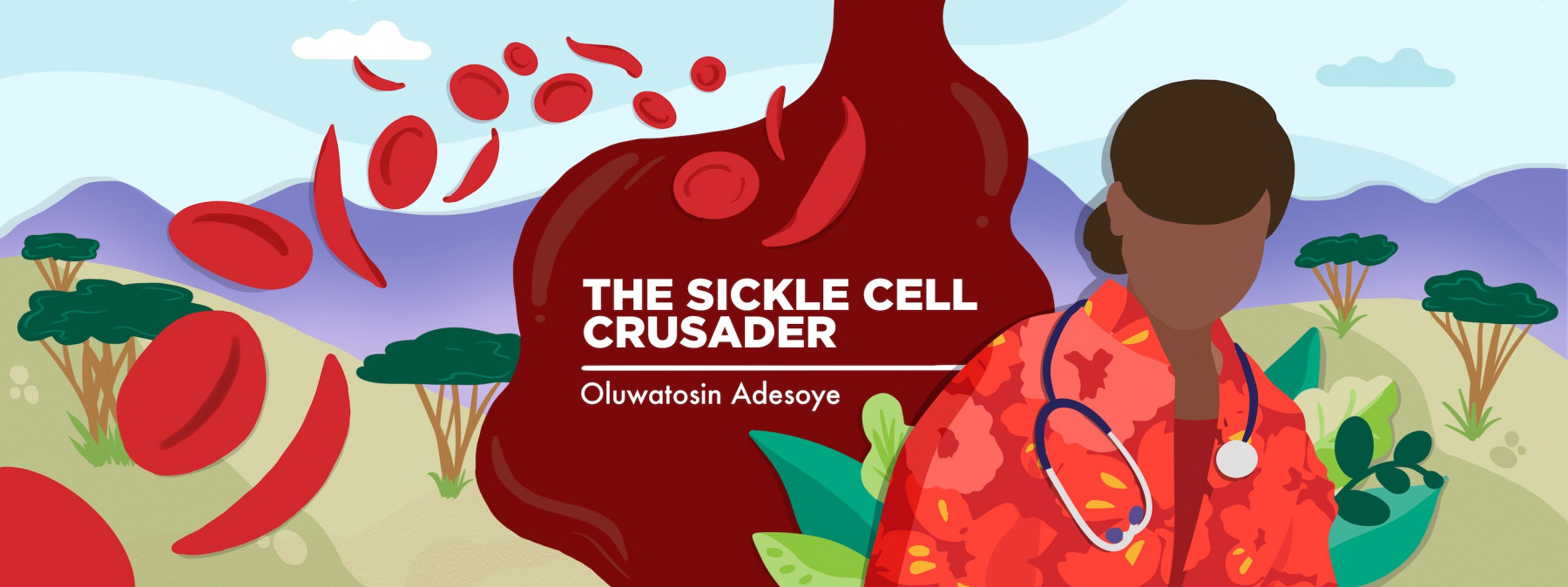How to be a better caregiver for sickle cell patients
Some ways my family and friends have improved the quality of my life
Written by |

Caregivers for people living with sickle cell disease provide physical, emotional, and sometimes financial support. They can be parents, siblings, spouses, friends, children, and extended family. I think healthcare professionals can be caregivers, as well.
Their role is crucial to the overall health of anyone with sickle cell. Effective caregiving, whether it’s providing emotional support or tending to physical needs, can substantially improve patients’ quality of life. Poor caregiving, on the other hand, can deteriorate physical and emotional health, harming the quality of life. The work requires compassion, understanding, and a commitment to providing the best possible care.
In my years with sickle cell, I’ve relied on the support of dedicated caregivers who’ve helped me navigate complications. My mother, sisters, father, aunt, and friends have shown me endless care and support, which is why I’m still here today.
Following are some of the ways my caregivers have enhanced their skills to help me.
Caregiver support techniques
For one, they constantly educated themselves about the disease to better understand it and help me manage my needs. In fact, all sickle cell caregivers should familiarize themselves with the disease’s symptoms, pain crises, complications, prevention, and treatments. This knowledge can be acquired by consulting healthcare professionals, accessing educational resources, joining sickle cell communities, attending workshops and conferences, reading relevant literature, and conducting online research.
My caregivers also communicated well with me. Effective communication with patients is essential; caregivers should not only speak to their warriors, but also listen attentively to their concerns, fears, and needs. Encouraging patients to express their emotions and responding to them empathetically fosters a supportive environment. If faced with challenges they can’t solve on their own, caregivers should seek professional help for their patients.
Those who watched after me also helped ensure that I attended regular clinic appointments and had an attending physician, though I became pretty good at this myself. In some cases, caregivers may need to accompany the patient to these appointments and actively participate in discussions with healthcare professionals. Taking notes, asking questions, and advocating for the best care are vital responsibilities for both patients and those who care for them.
Similarly, I was supported in taking my medication regularly. Remembering to do that can be exhausting for patients, but caregivers can provide us valuable assistance. Caregivers can play a crucial role in maintaining our good health by familiarizing themselves with the medications and their schedule, encouraging and ensuring proper use, helping with prescription refills, and monitoring for any side effects.
Pain is common for sickle cell patients, myself included, and my caregivers were knowledgeable about crisis triggers and the ways to avoid them. All caregivers should be familiar with pain management techniques, such as heating pads, distractions, relaxation techniques, and medications. That knowledge will help their warrior manage their health better.
While caregivers often focus on the physical complications of sickle cell disease, they shouldn’t overlook the patient’s mental health. Mine didn’t. Sickle cell, after all, can significantly affect a patient’s emotions, and emotional distress can trigger sickle cell crises. Providing support for these issues is essential, and caregivers can do it by actively listening, offering reassurance, and encouraging patients to engage in activities that promote emotional well-being, such as therapy or support groups.
One of my caregivers used to compare me with other warriors with mild disease, which greatly affected my mental health. However, this caregiver stopped doing it when she gained more knowledge about the disease. It’s important for all caregivers to avoid comparing their warrior with others who have the disease. Sickle cell varies in severity, and even those with the same type can see it manifest differently. Refrain from comparisons, as they can cause emotional damage.
My caregivers benefited from sickle cell support groups. They’re all active members of Sickle Cell Celebs, a support group I created that has improved their knowledge of the disease and understanding of my health. I’d advise all caregivers to join a support group to learn more about the disease and better understand their loved one’s experiences.
My caregivers sometimes get overwhelmed with their responsibilities and neglect their well-being. When this happens, I advise them to take a break and seek support from friends, family, or others who can fill in for them. It’s essential for them to learn to practice self-care and use respite care services when needed to maintain their own well-being. Only rested and emotionally stable caregivers can provide optimal care and support to their loved one.
Continuous learning, active listening, attentiveness to the patient’s needs, and seeking professional help when necessary: All are important for a sickle cell caregiver. The disease is complex, and even healthcare professionals are still gaining a complete understanding of it. Caregivers should try to do the same.
Note: Sickle Cell Disease News is strictly a news and information website about the disease. It does not provide medical advice, diagnosis, or treatment. This content is not intended to be a substitute for professional medical advice, diagnosis, or treatment. Always seek the advice of your physician or other qualified health provider with any questions you may have regarding a medical condition. Never disregard professional medical advice or delay in seeking it because of something you have read on this website. The opinions expressed in this column are not those of Sickle Cell Disease News or its parent company, Bionews, and are intended to spark discussion about issues pertaining to sickle cell disease.







Leave a comment
Fill in the required fields to post. Your email address will not be published.